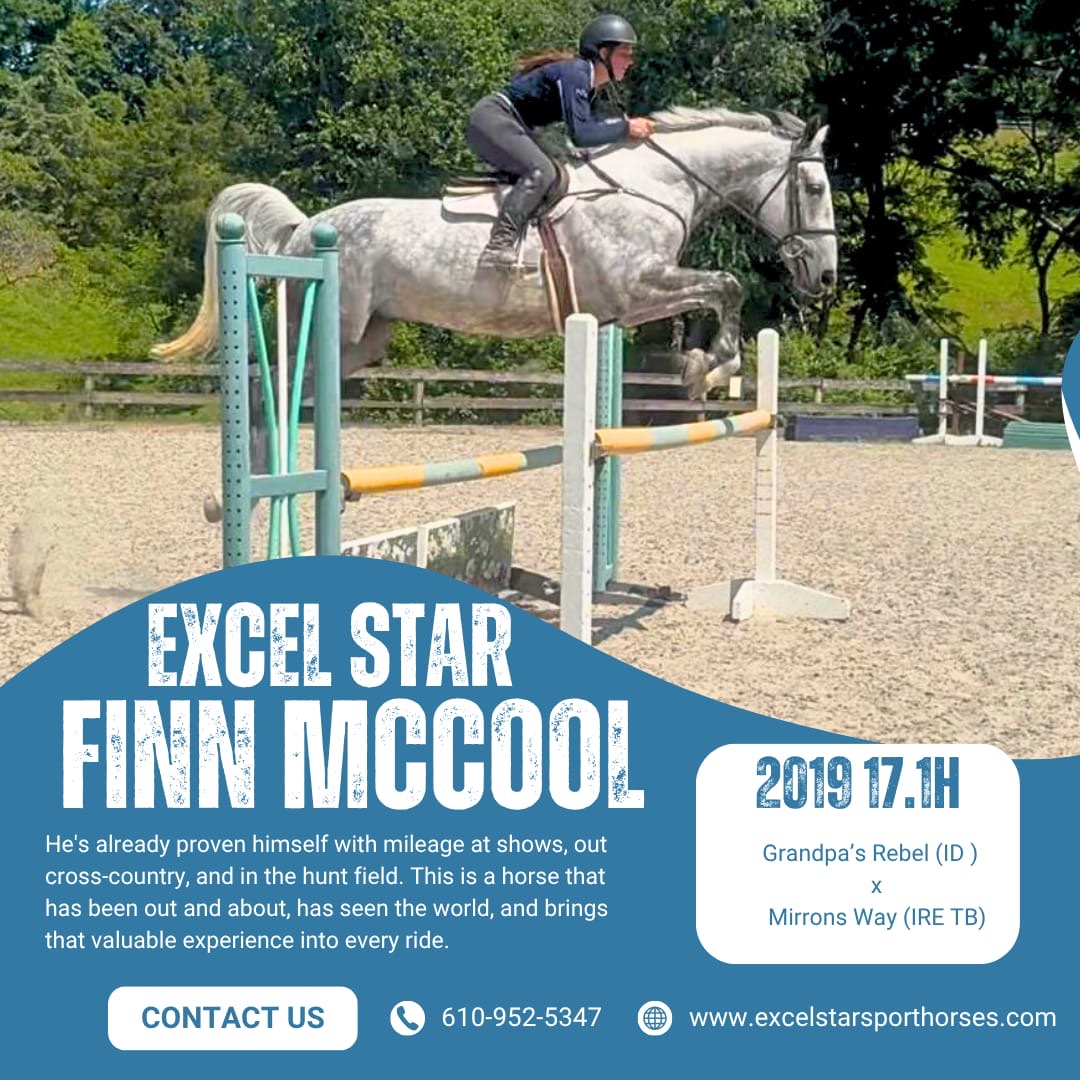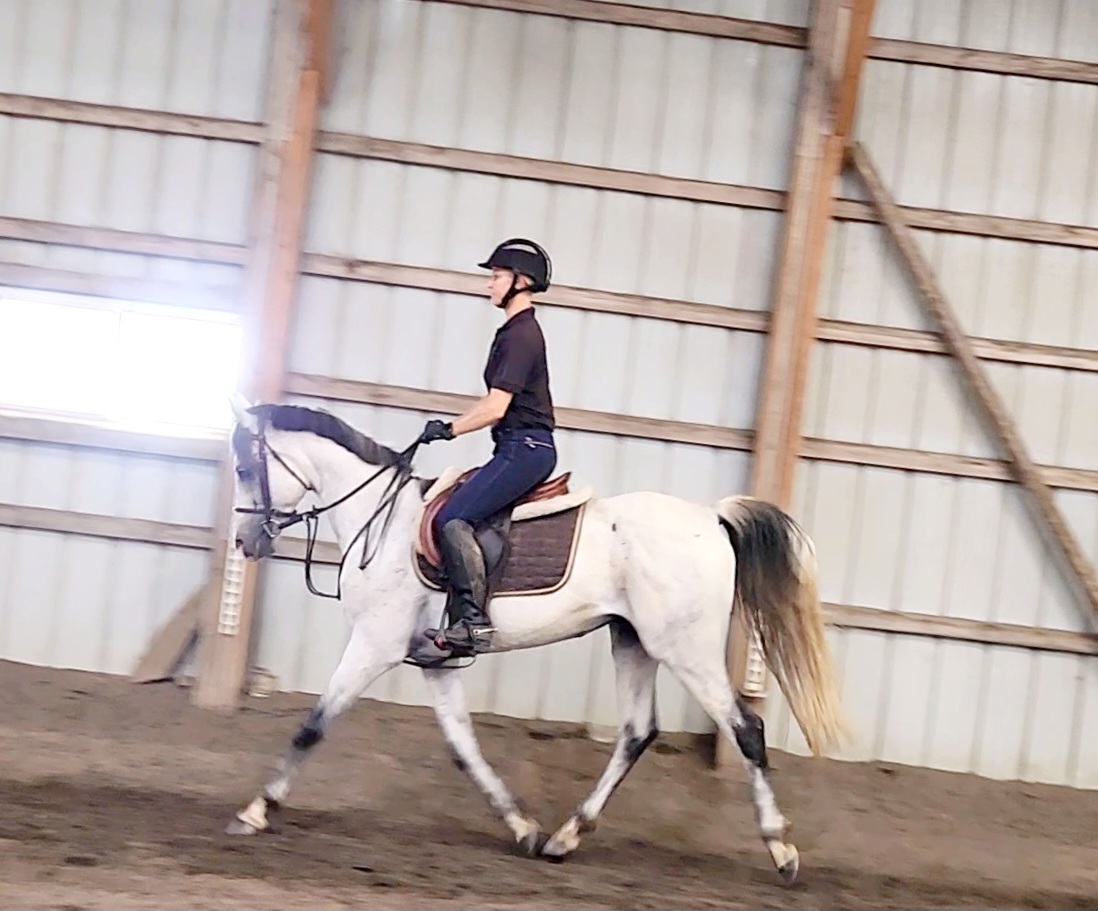My younger mare seems bound and determined to change her name to Ol’ One-Eye. Twice this summer she’s bonked her head on who knows what, and not long ago she somehow managed to catch her eyelid on the little thumb latch of a double-end snap on her stall guard. One minute she’s fine, the next I walk out of the tack room and she’s looking at me guiltily.
Thankfully she did not do damage to the eyeball itself, but she does have an interesting notch in her lower eyelid now. The offending double-end snap on her stall guard has now been replaced with a carabiner so she doesn’t have to worry about being careful when she scratches her neck on the door frame…horses come up with the darndest ways to hurt themselves.
I kid, but eye injuries are to be taken seriously as they can worsen quickly if gone untreated. If your horse has a painful, swollen eye, don’t hesitate to call the vet so he or she can examine the eye and prescribe antibiotics and further treatment if necessary. Corneal ulcers are the most common equine eye injury and can be caused by something as simple as a piece of hay getting stuck in the eye (or you know, unassuming hardware).
Check out this article by Horsetalk to learn the signs of a painful eye and the dos and don’ts of how to apply ointment in the eye.
Sore withers point to a problem. We check their legs, their body condition, the fit of the saddle and so much more, but be sure you don’t overlook the withers, a critical component of the spine and an integral part of your horse’s comfort level and performance. [Practical Horseman]
A critical look at joint supplements. With a myriad of joint supplements and medications out there, take a moment to consider which one would be best for your horse. Oral or injectable supplements can help heal a damaged joint and go a long way in preventing future injuries or arthritis when combined with a balanced diet and good husbandry. [Daily Racing Form]
Never look a gift horse in the mouth. You can learn a lot by looking at a horse’s teeth, which change in appearance and build throughout the horse’s lifetime. Older horses are certainly more susceptible to dental problems than young horses and may need more frequent visits from the dentist, even if the animal is retired from riding. [Horse-Canada]
Working together to improve horse welfare. French researchers have brought together multiple groups to collaborate on horse health and welfare improvement strategies, and this effort has been fully funded by the French government for the last seven years. The Hippolia Foundation includes 30 research centers throughout France and focuses on providing the funding for research projects. [The Horse]




















